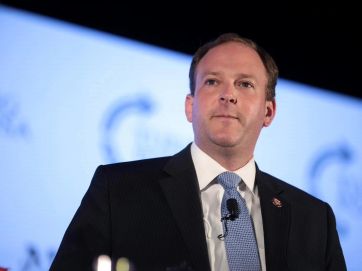1:00 p.m. While students wander in, I fire up my iPhone for some “bumper music.” Jackson Browne croons “Stay” but Devin asks, “Who did the original?" “Maurice Williams—wrote it when he was 15.” I scroll and tap. “There.” Devin's favorite is Sam Cooke. Joshua’s screen name is “jeffplane67.” Alexis is wearing a Led Zeppelin tee-shirt and Joy has already requested “anything Zep.” They chat about Monterey Pop. I say, “Yeh, I was there. Paul Simon, the Animals, Mamas and Papas.” Alexis scowls. “What happened? Why is there nothing like that now?” Such disconcerting affection for their grandparents’ music may be related to why many students suddenly want to read and discuss “great books.” Lately, I see more and more students with a hunger for the real deal, for the old school higher education they have only heard about. Like Alexis, they feel cheated and empty, as if having missed a Golden Age. Worse, they seem to feel that they are being prevented from experiencing the world in a more meaningful and satisfying way. Ben got turned on by my archaic New Criticism approach to literature: architectonics, the “intentional fallacy,” close-reading, ambiguity. Then he transferred and was promptly turned off by his new school’s multiculti victim-a-thon. Another literature major bites the dust. The Chronicle of Higher Education, the New York Times, and a steady stream of books document the extinction (or suicide) of the liberal arts, especially literature, but some students haven’t gotten the memo. They are still beguiled by Robert Hutchins’s metaphor of “The Great Conversation” and the prospect of becoming able to understand and participate in it. Over 200 registered for Great Books courses in my new program last fall. Chatting with Dana Gioia last week I recalled how he said of his poetry that
The essential thing was to tell a story of moral consequence. Something of life-or-death importance had to be at the heart of the poem.
One rarely hears such charged language in the secular, relativistic world of public higher education. But, like Gioia, post 9/11 students may sense that some things actually are important, beyond the reach of postmodern ironizing. Gioia remembers how Catholic ritual fostered in him an awareness of symbolism and led him to ponder “the relationship between the visible and the invisible.” Glenn Reynolds mentions a Pew report suggesting that students want spirituality but not actually religion, commenting wryly that “religion often tells you to do things you don’t want to do, or to refrain from doing things you want to do, while spirituality is usually more . . . flexible.” My students don’t seem particularly religious, yet clearly they feel the yearning for ecstasis that music, religion, and literature provide. Unfortunately, too much flexibility leaves you formless, and without at least a working knowledge of religion, students are left bewildered by the complex tapestry of great literature from Chaucer to Flannery O’Connor.













